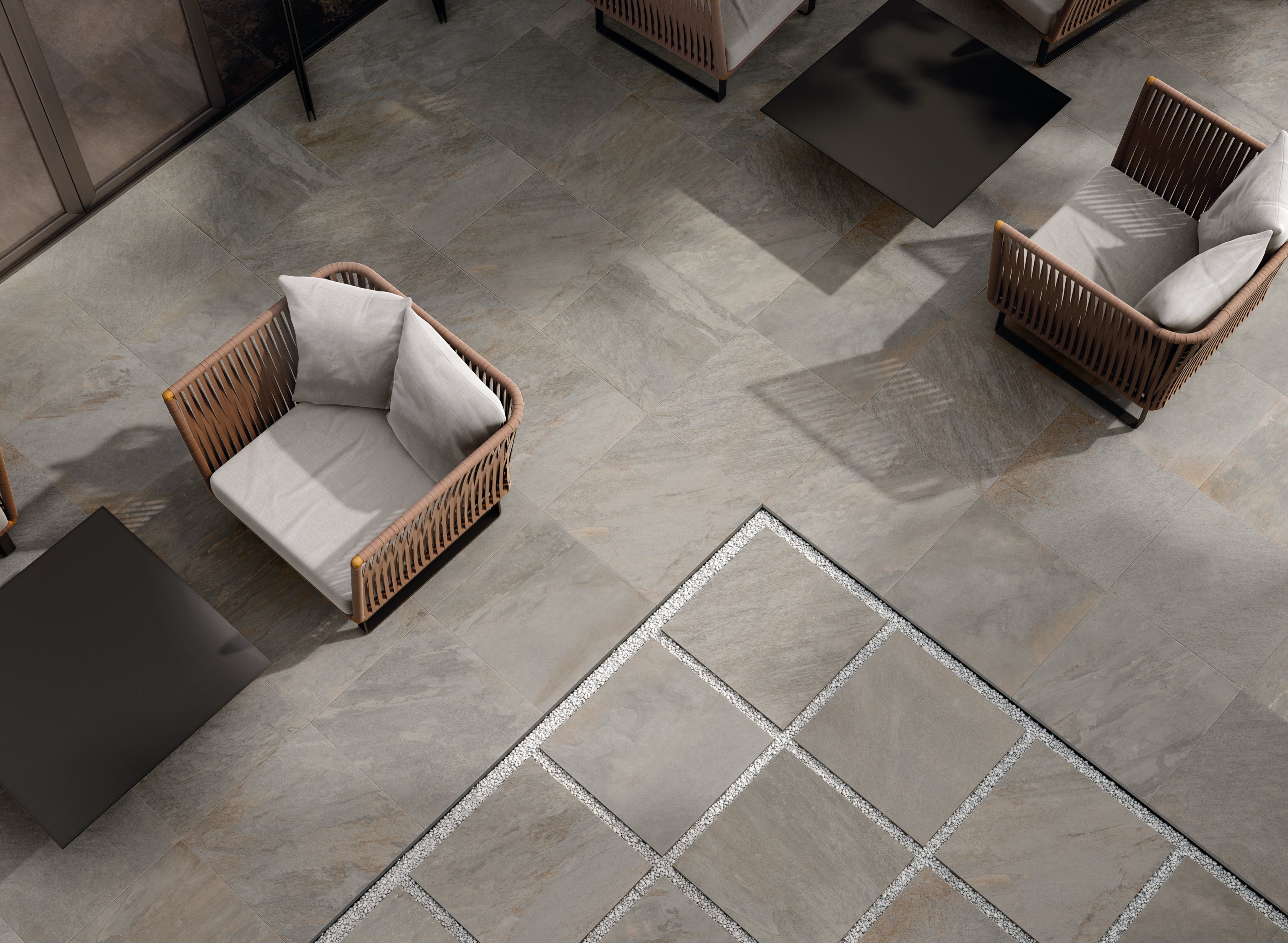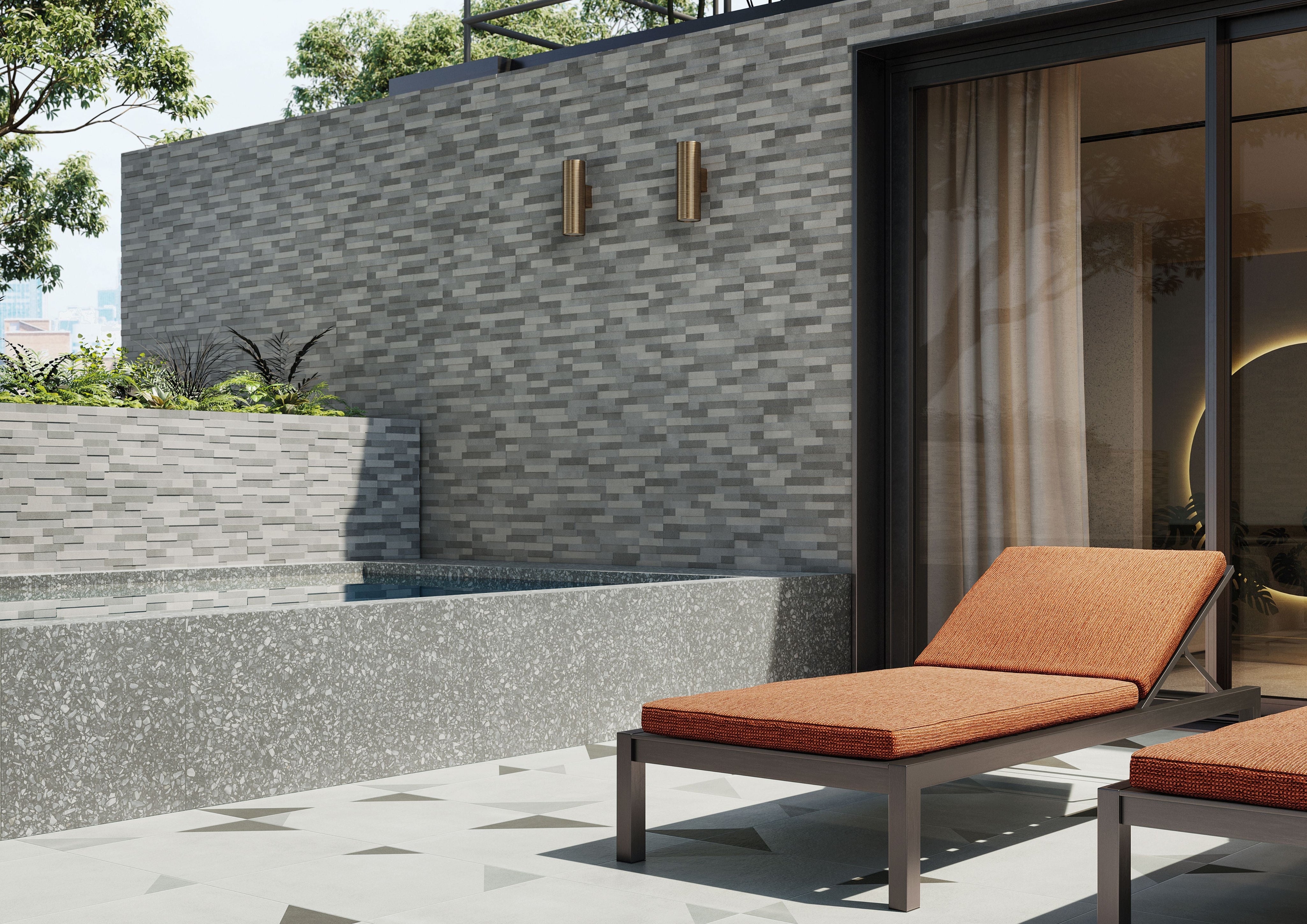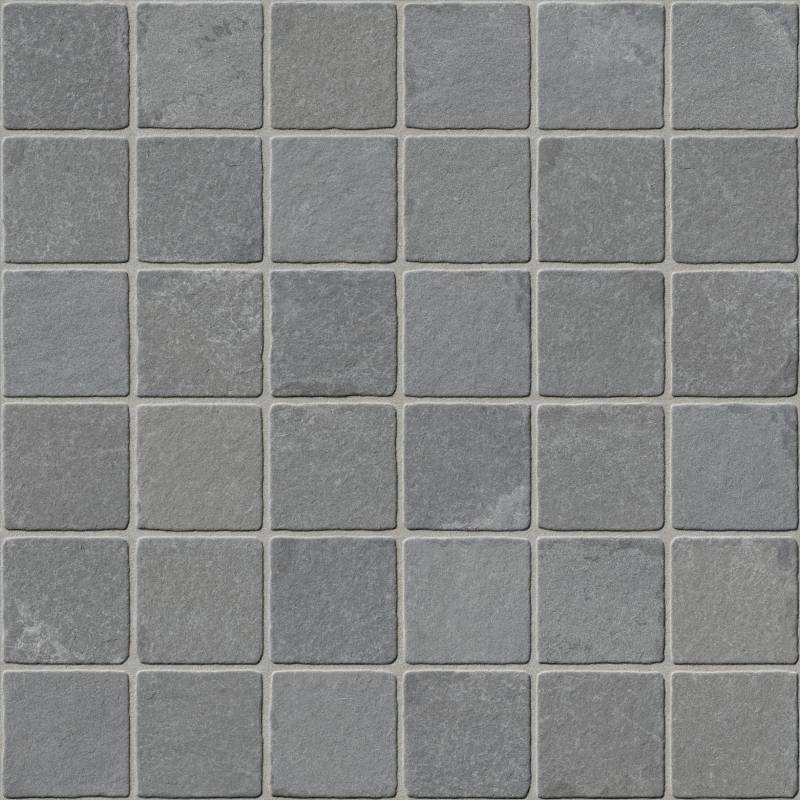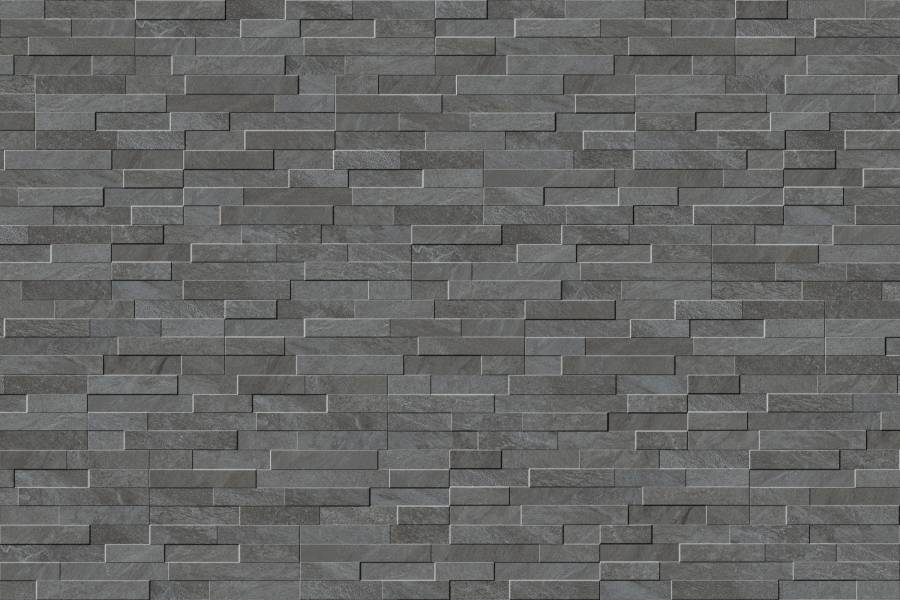Detailed Explanation


Porcelain Pavers vs. Brick, Concrete, and Natural Stone
Comparison of Outdoor Paving Materials
| Feature | Porcelain Pavers | Brick | Concrete | Natural Stone |
|---|---|---|---|---|
| Durability | Extremely durable, high resistance to wear | Durable but can crack and chip | Prone to cracking and weathering | Very durable, varies by type |
| Maintenance | Low maintenance, easy to clean | Requires regular maintenance, moss growth | Requires sealing and frequent maintenance | Needs sealing and occasional maintenance |
| Stain Resistance | Highly stain-resistant, non-porous | Porous, prone to stains | Can stain easily, especially with oil/grease | Varies, some stones are porous |
| Weather Resistance | Excellent, frost-resistant, UV stable | Can fade and crack in extreme weather | Susceptible to freeze-thaw cycles | Generally good, but varies by type |
| Aesthetic Variety | Wide range of colors, textures, and styles | Limited color and texture options | Limited color options, can be uniform | Natural variations, but limited choices |
| Installation Cost | Moderate, but worth the investment | Moderate to high, depending on quality | Generally low to moderate | High, especially for premium stones |
| Eco-Friendliness | Eco-friendly manufacturing, recyclable | Generally eco-friendly but varies | High carbon footprint due to cement | Natural but not always sustainably sourced |
| Cost Over Time | Low due to durability and low maintenance | Moderate to high due to maintenance needs | High, frequent repairs and sealing needed | High, due to maintenance and initial cost |
Durability
When comparing porcelain pavers to brick, concrete, and natural stone, porcelain pavers stand out for their extreme durability. They can withstand heavy foot traffic, harsh weather conditions, and the test of time. Unlike brick and concrete, which can crack or chip over time, porcelain pavers maintain their integrity for decades, making them a superior choice for longevity.
Maintenance
Porcelain pavers require remarkably low maintenance. Their non-porous surface means they resist stains, moss, mold, and mildew, making them easy to clean with just soap and water. In contrast, brick and natural stone require more frequent upkeep, including sealing and cleaning to prevent moss and stains. Concrete pavers also need regular sealing and are prone to staining and weathering.
Stain and Weather Resistance
Porcelain pavers excel in stain resistance due to their non-porous nature, making them ideal for outdoor areas prone to spills and stains. They are also frost-resistant and UV stable, ensuring they do not fade or crack under extreme weather conditions. Brick and concrete, however, are more susceptible to staining and weather-related damage, which can lead to higher maintenance costs over time.
Aesthetic Variety
Porcelain pavers require remarkably low maintenance. Their non-porous surface meansthey resist stains, moss, mold, and mildew, making them easy to clean with just soapand water. In contrast, brick and natural stone require more frequent upkeep, includingsealing and cleaning to prevent moss and stains. Concrete pavers also need regularsealing and are prone to staining and weathering
Installation Cost and Cost Over Time
While the initial cost of porcelain pavers might be higher than concrete, their longevity and low maintenance requirements make them a cost-effective choice in the long run. Natural stone can be quite expensive both to purchase and install, whereas porcelain offers a similar aesthetic with added benefits. The cost over time for porcelain pavers is low due to their durability and minimal upkeep needs, whereas brick and natural stone incur higher maintenance costs over their lifespan. Concrete pavers, although initially cheaper, often end up costing more due to frequent repairs and maintenance.
Eco-Friendliness
Porcelain pavers are manufactured using eco-friendly processes and can be recycled, making them a sustainable choice for environmentally conscious consumers. Concrete production, on the other hand, has a significant carbon footprint due to the cement used. While natural stone is a natural material, it is not always sustainably sourced, making porcelain a more consistent eco-friendly option.


Conclusion
Choosing the right material for your outdoor space is crucial for both functionality and aesthetic appeal. Porcelain pavers from Porcelainscaped offer superior durability, low maintenance, and versatile design options, making them the best choice compared to brick, concrete, and natural stone.




